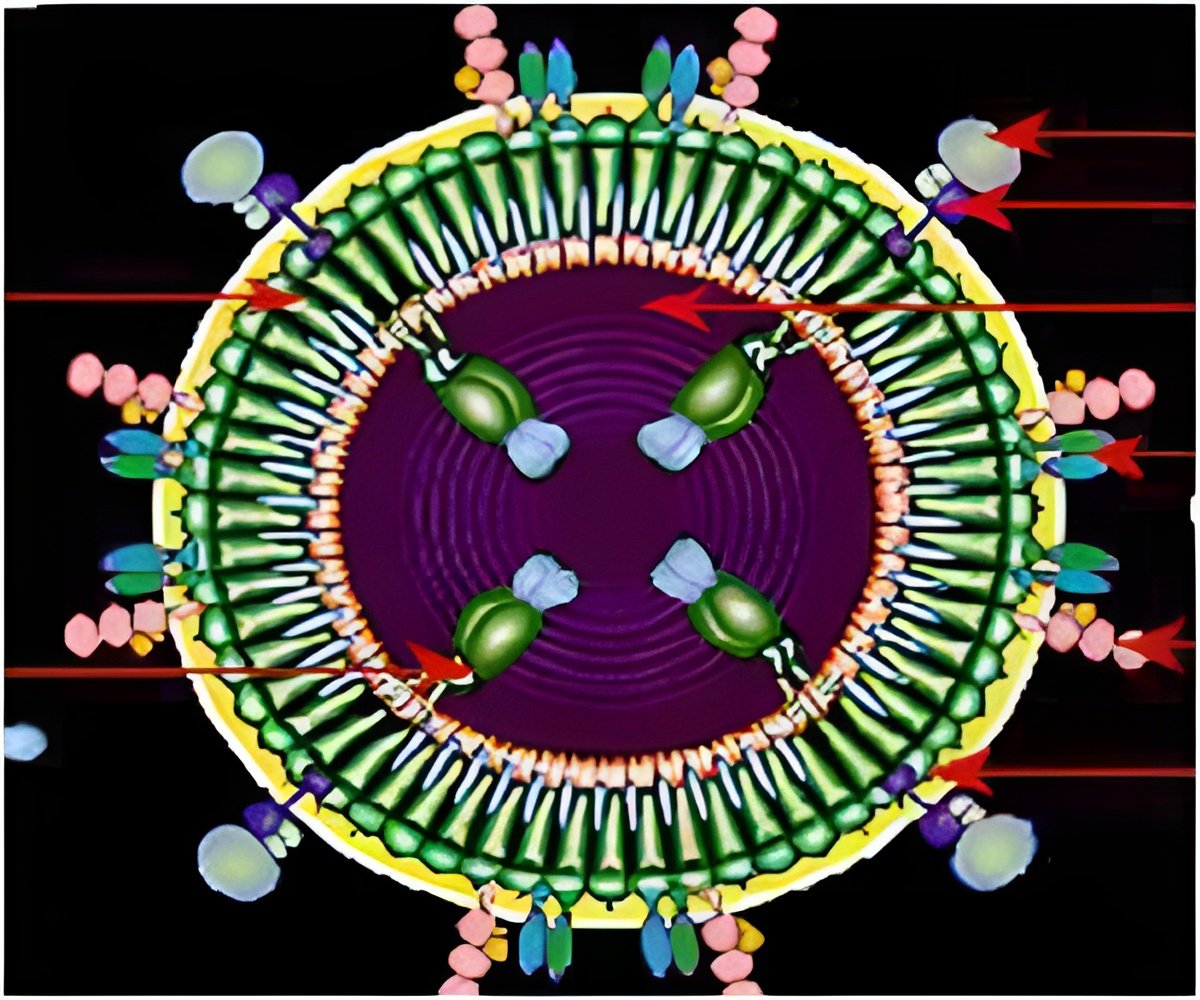Researchers have revealed that the success of an AIDS vaccine trial may have been due to varying levels of antibody responses in the patients.

For instance, a type of antibody produced by the body to ward off infection, known as IgG, could attach itself to the surface of the HIV protein and appeared to help prevent infection in some people.
People received the vaccine and whose IgG antibodies were able to bind to this region, called V1V2, showed lower infection rates than the placebo group.
On the other hand, patients whose blood tests showed the highest levels of a different antibody, IgA, appeared to have less protection against HIV than people with lower levels, leading scientists to think it may have actually interfered with the vaccine and made it less effective.
"This analysis has produced some intriguing hints about what types of human immune responses a preventive HIV vaccine may need to induce," said National Institute of Allergy and Infectious Diseases (NIAID) director Anthony Fauci.
"With further exploration, this new knowledge may bring us a step closer to developing a broadly protective HIV vaccine," said Fauci, whose NIAID co-funded the research along with the US Army Medical Research and Materiel Command and the Bill and Melinda Gates Foundation.
"Different HIV vaccines may protect against HIV in different ways," said co-author Nelson Michael, Military HIV Research Program director at Walter Reed Army Institute of Research.
The trial data, based on results from 16,395 HIV-negative volunteers in Thailand and first published in 2009, was viewed as a pioneering achievement even though it provided only a partial shield against HIV.
A vaccine would have to offer 50 percent protection in order to be offered to the public.
AIDS has claimed more than 25 million lives since 1981 and left more than 30 million people infected.
Source-AFP
 MEDINDIA
MEDINDIA




 Email
Email









